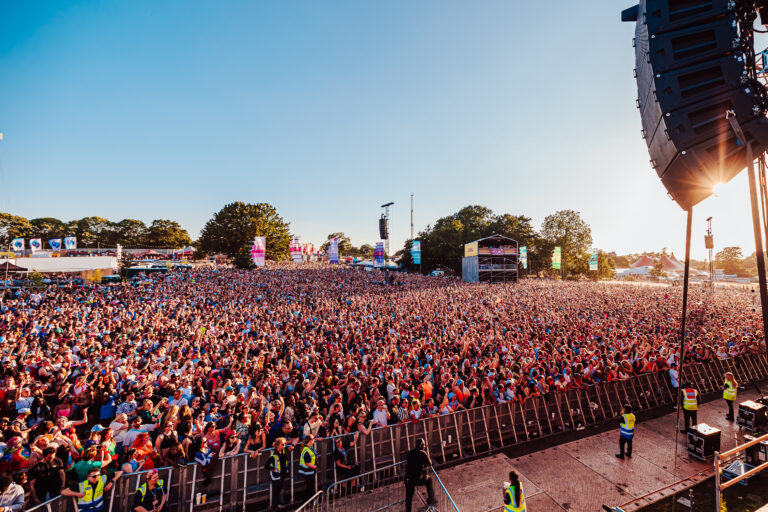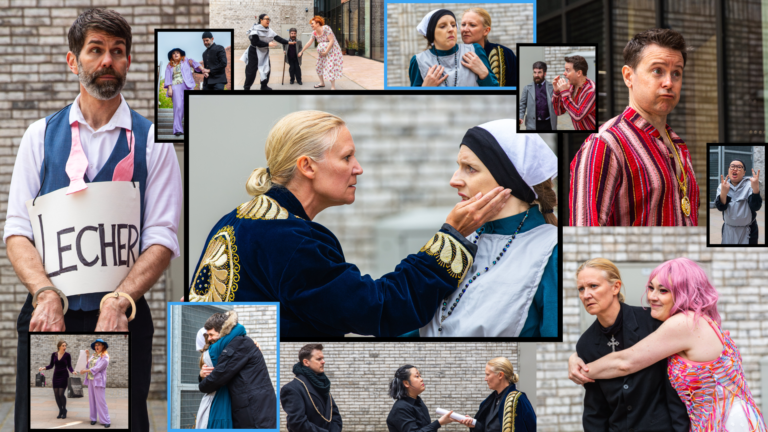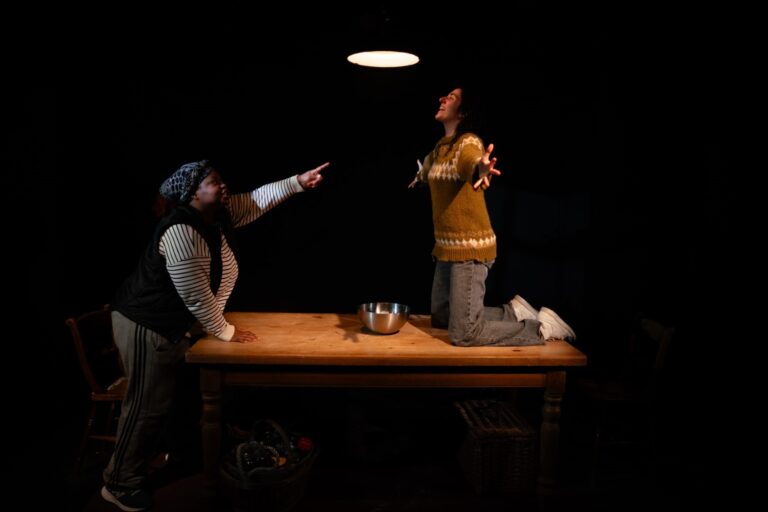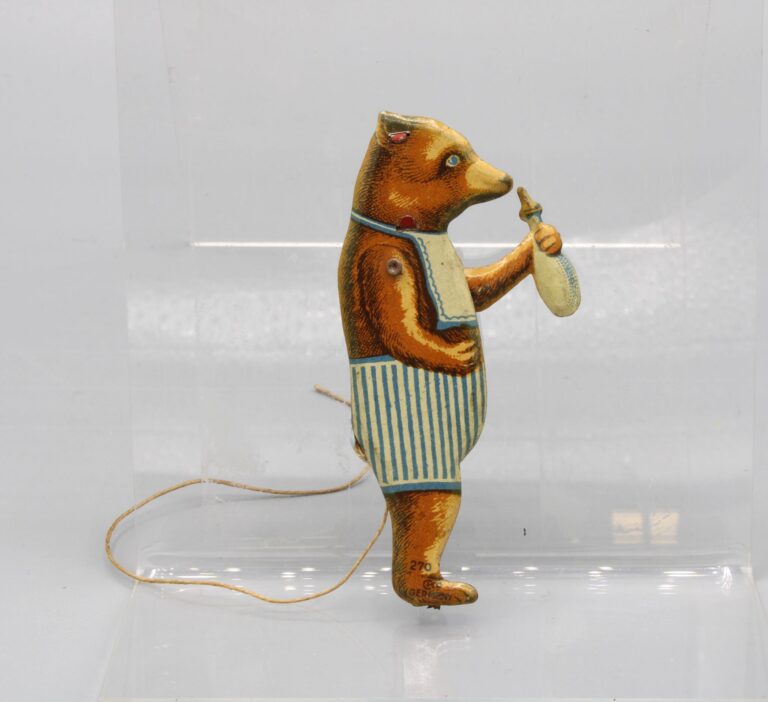Another day on Park Hill Estate, the dawn chorus is in full flow and the cast sings: ‘As the dawn breaks over roof slates, hope hung on every washing line…’.
This is how Standing At The Sky’s Edge opens, a musical about a council estate in Sheffield with music and lyrics by Richard Hawley – who has spent most of his life writing songs about Sheffield – and book by Chris Bush, writes Michael Holland.
Having grown up on a council estate built in the 50s with hopes of a bright future for everyone, when there were plenty of jobs to go round, the story mirrors my own background as I can relate to how the early modernity of the late 50s faded away to a recession-hit 70s, a council that couldn’t keep up the maintenance and the demise of local industry taking away jobs before the rot finally sets in and redevelopers take over to social cleanse the area. That is the story of Park Hill told through the eyes of three different families over 60 years.
Newly-weds Rose and Harry moved into the brand new flats that overlooked the city in 1960. He was about to be made the youngest foreman in the country and looked forward to starting a family. She was looking forward to working.
In 1989, African migrants Grace and George, take in their young relative Joy, while escaping civil war in their homeland.
2015 sees the estate ousting all its residents and having a complete refurb in order to sell off the flats to private buyers. Enter Poppy, up from London to escape a failed relationship. And telling her workmates that you can get fresh turmeric delivered by Ocado does not endear her to new work colleagues, who think she is ‘posh’ and lives on ‘lobster and Viennetas’.
The story progresses simultaneously while jumping from era to era. And, as in life, the promised sunlit uplands become unlit wastelands. The hopes and dreams turn into unemployment. The reality of a safe haven for refugees is another fight for life against racism. The young love of Harry and Rose sours when the steel factory is closed off and union activist Harry feels as if he has failed as a man; finding masculinity in a bottle.
Young Joy, who has been pretty much imprisoned by Auntie Grace to keep her safe, still manages to get pregnant, while Thatcher gets re-elected and bangs in the final nail on the Park Hill coffin.
Hawley’s songs give us a place of reference to look out from, even if it is the gutter, while at the same time allowing the middle-class something to look down on and pity. The band providing the music is on the first floor, just where the wardrobe and mattress were thrown from during a riot that ended the first half.
Standing At The Sky’s Edge refers to the view from the flats and its story is a real one. The struggling couple who pass each other between their different work shifts with only time to say ‘I love you’; the dreams that come to nothing; the sad ending of young lives through drugs or pointless violence; people separated by sadness and the everyday occurrence of racism… ‘No one cared about Park Hill until you posh pricks came here,’ says one former resident. ‘No one cared when junkies were shooting up in the lifts and people were getting stabbed all the time.’
There is so much more to this perfect ensemble production that needs to be seen and experienced properly. Robert Hastie’s superb direction shows an estate busy with positivity, but which darkens as the years go by. Ben Stones’ set is brutal, as it should be. The singing often catches you by surprise, such as when a little African refugee, who initially struggled to understand the local dialect, belts out a big bluesy number, or Maimuna Memon gives a tremendous Open Up Your Door to a lost love.
There is no positive, uplifting side to this work unless you are one of the rich moving out the not so rich. No loose ends are tied up, the play just stops but we know that people will carry on until the estate falls into disrepair once more. It is just life. Real life with all its ups and downs and looking for love.
National Theatre, South Bank, SE1 9PX until March 25th. Times: Mon-Sat 7.30pm; Wed & Sat matinees 2pm. Admission: £20 – £89
Booking: nationaltheatre.org.uk






